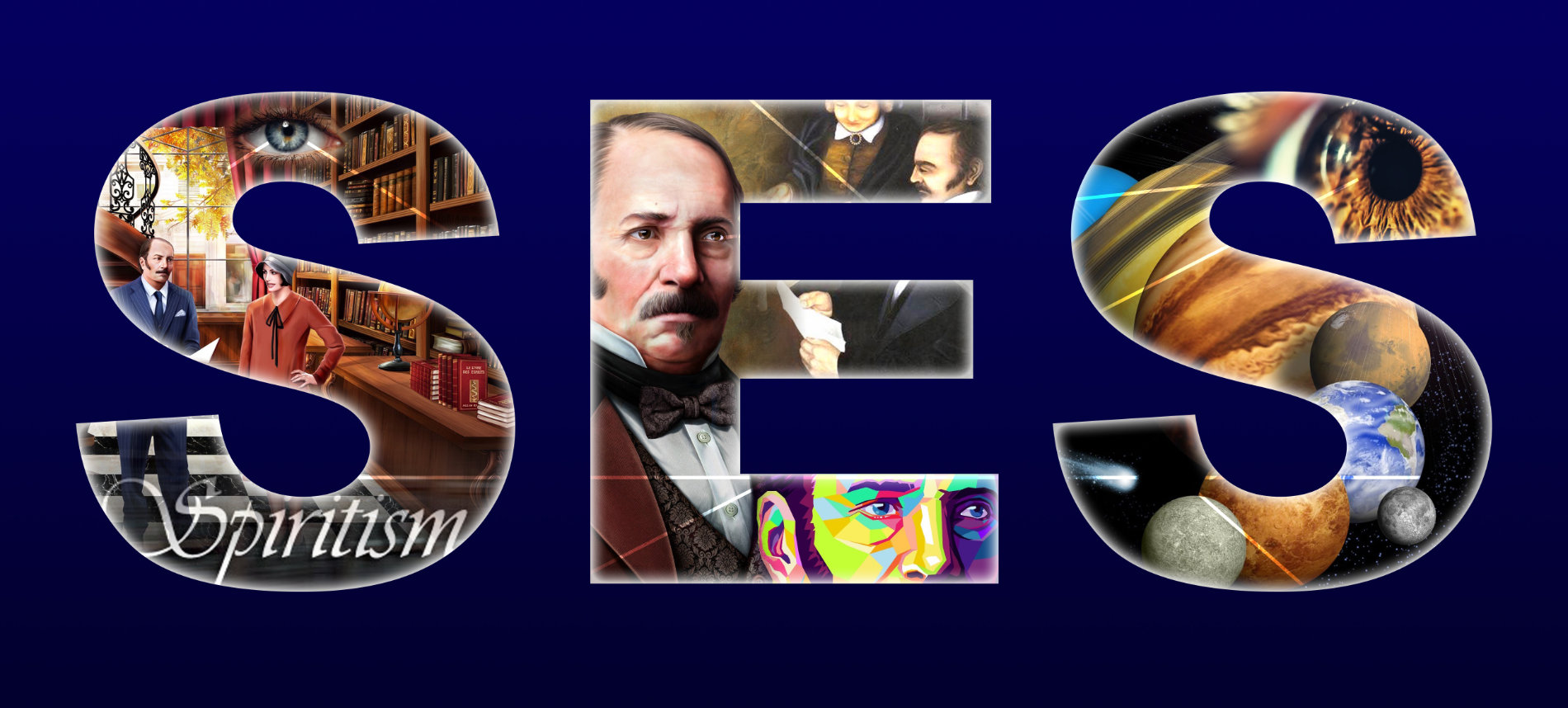
Spiritists, What Are We?
The Spiritist philosophy affirms that we are, first and foremost, spiritual beings temporarily living in the physical realm with a purpose. The shared belief is that the human consciousness, or soul, continues to exist beyond the physical body. Therefore, life is defined as a continuous learning experience governed by a curriculum that calls for periods in the physical realm until such time that we have learned enough lessons to graduate to a spiritual existence.
In the fluid landscape of religious ideas, we have been asked, where do we stand? Is Spiritism (a.k.a. Christian Spiritism) a religion?
Our present time demonstrates the amount of turmoil in the current religious landscape, as we witness the pain of social and racial divisions resounding in our consciousness. As an alternative, we offer a thought or two about the foundations of Christian Spiritism. The Covid19 public health crisis and the death of over 600.000 people worldwide is an example of a tragedy that has in many ways forced us to look a little more critically at the role of religion in social life, as well as at issues of human religiosity, and human spirituality. Almost every religious personality in America has been on television trying to serve the public a deeper understanding of God’s reasons for these events. Indeed, the transparency and overwhelming agony we witnessed live on TV reawakened people to the fragility of life and the very question of the purpose of our existence.
First of all, let us clear the throat and say what Christian Spiritism, or the Spiritist Doctrine, is not. Because it has no sacraments, defends any dogmatic precept, has organized clergy, or ritual practices, it cannot be assigned the conventional label of religion. In addition, it has no hierarchy, a chief authority, or churches in the conventional sense. The practice of baptism, marriage, and communion as ritual sacraments is not employed. Nor does it have a theology that legislates the relations between God and humankind, and is decreed as a point of faith. Besides, it doesn’t propose or offer guarantees of salvation in the hereafter. Therefore, we can safely affirm that it carries none of the elements that define a formal, organized religion.
“There comes a time when you finally realize that no one but you is responsible for your life and your destiny. That is when your true life begins.”
Thus, you, the reader, may be asking, what is it then? Possibly the best way of defining it is as ‘a movement that inspires the human soul on the path of Christian spirituality, i.e. the recognition of the interconnectedness of all Creation, and our relationship with the Supreme Being, having Christ as its foundation.’ Its philosophy has roots in the essential wisdom of major religions, but it endorses the stance that its principles should evolve in agreement with science.
“We will see every human being as Christ and we will help Hindus to be better Hindus, Muslims to be better Muslims, and Christians to be better Christians”
In Allan Kardec’s own words, the Spiritist Doctrine is a product of the practical knowledge and inspiration of a number of enlightened spiritual beings. Possibly, in a more mystical tradition they would be called saints, angels, or avatars. Allan Kardec recognized them for what they are, spiritual beings like ourselves, who have, however, already attained a much higher awareness of their divinity and purpose. Recognizing that earthly religions are primarily a phenomenon of human existence, they pointed to Christ, the Son of Man, as paragon of the virtues that should inspire human conduct.
question that may still puzzle you is ‘how much Christian is Christian Spiritism’? The enlightened minds that shaped this body of ideas were very clear on one thing, we are here to work out the kinks of our souls and do so by taking Jesus as the supreme model of moral perfection. His moral teachings, as presented in the synoptic Gospels, constitute our fundamental guide of action. Allan Kardec’s The Gospel: Explained by the Spiritist Doctrine is an effort in that direction. The Old Testament and the Acts of the Apostles play only a secondary role as tools of history and interpretation. Therefore, we are Christians because we want to follow and honor the Christ in our lives.
In closing, we hope you can take a few key points with you, that Christian Spiritism is (a) a movement rather than a religion, (b) human beings are spirits (souls) temporarily in a physical body, (c) science and reason help define our perspective, (d) moral transformation is the way of spiritual evolution, (e) Jesus Christ is the north point of our journey. (f) And lastly, Christian spirituality remains an attitude, a state of mind, and a center point of our existence.






Recent Comments